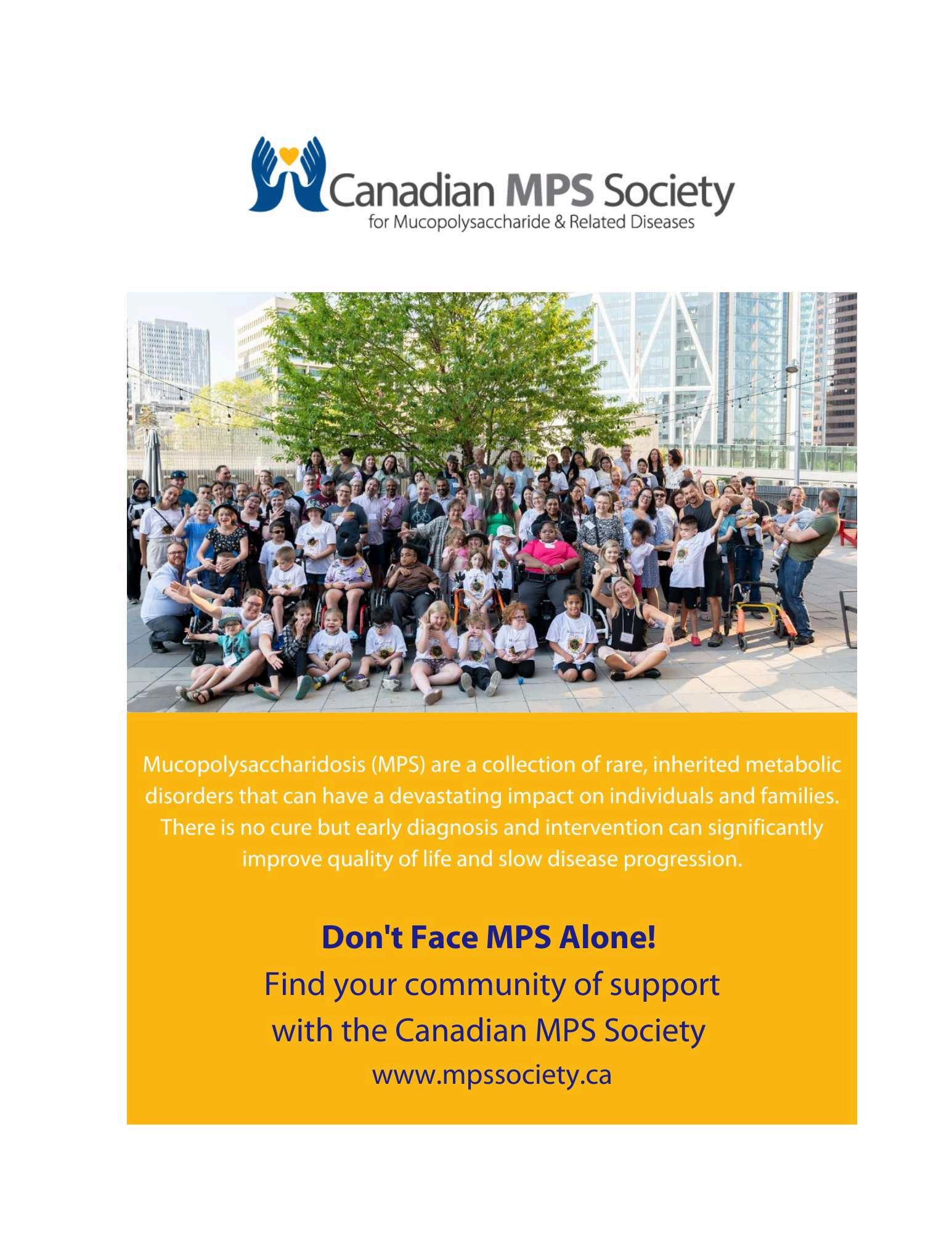
4 minute read
Ask the Professional
Maureen Carpenter, BSC, RN, CD provides her insight
Personalized medications, or personalized medicine, can also be known as precision medicine. Currently, this concept is a prominent research area that is moving forward as an evolution in medical treatments. This is a means to provide a specific care plan for patients to match their unique characteristics by understanding the patient’s genetics and better predicting the best treatment application.
To accomplish this, a tailored approach encompasses genetics, lifestyle and environment, and the target of treatment or area of application.

Genetics play a large part in medication efficacy. Genotyping is utilized to assist in predicting a person’s response to medications. Pharmacogenomics is a field of medicine that focuses on gene variations in a person that can affect how the drugs are processed in the patient’s body. Results of therapy are affected by the body's reaction to the medicines. Personalized medicine is a significantly better treatment option that includes an understanding of the patient’s genetics and enables the best treatment spectrum.

Lifestyle and environmental roles in medication effectiveness are defined through diet, exercise, and exposure to toxins. Toxins can be in food, water, soil, and air.
Targeted treatments are the purpose of precise medicine. Examples of the areas of application for targeted treatments are oncology, cardiovascular diseases, neurodegenerative diseases, psychiatric disorders, diabetes and obesity, arthritis, pain, and Alzheimer’s disease. Blood type and screen with cross-match is a common use of personalized medicine within medical facilities. Blood typing is important prior to transfusion to ensure the patient avoids transfusion reactions. The blood typing and Rh status are determined first. Then the screening is carried out by a lab to look for the presence of antibodies. Antibodies that do not match can create a transfusion reaction, causing a disruption in the infusion of needed blood products. Type and screen are crucial in transplant medicine to verify the recipient’s compatibility with the organ or tissues and to avoid rejection of the same.

Health

precision medicines. Research and trials are being developed to aid the patient in successful regimens in the control of the disease effects. The goal is to be able to choose the most effective treatment to obtain remission with minimal side effects, loss of time in failed treatment plans, and cost.
Precision medicine is already in play in many aspects of health care. Diabetics in the USA are given medications to control their disease, with all comorbidities and financial constraints considered. Oncology has developed treatment regimens for specific types of cancer that require targeted treatment and not the ‘one size fits all’ chemotherapy of days gone by. Breast cancer does not get the same treatment as leukemia. Tuberculosis bacterial genes and the patient’s genes are tested to identify potential drug resistance. Treatment for Human Immunodeficiency Virus (HIV) has long been utilizing this approach in the tailoring of “antiretroviral therapy (ART) to individual patients based on their genetic characteristics, viral features, and drug properties.”


There are many areas and applications where Personalized medicine will benefit a patient. Websites are available online to research the area of your interest. Too much information due to the vast array of medical diseases and treatment fields to cover loosely for this publication. This is a fascinating area to research and learn what is being discovered and developed.
National Institutes of Health (NIH)
American Medical Association
Canadian Cancer Society
Canadian Institutes of Health Research
American Cancer Society
Cleveland Clinic











